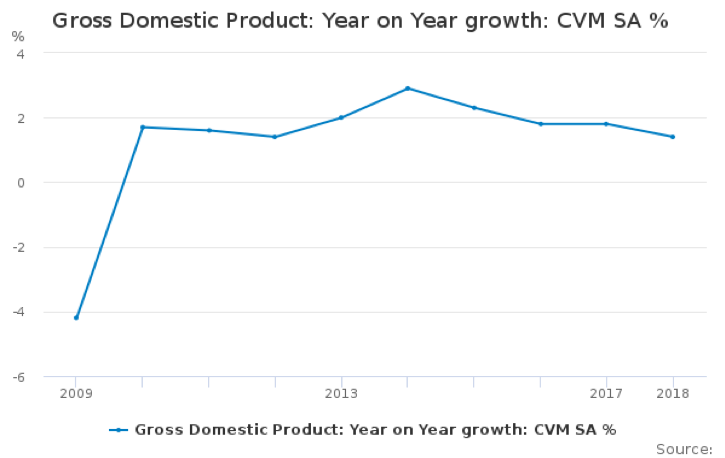Hot topics: austerity and its effects on British healthcare
Austerity has been a major political talking point since 2010 and was cited as a key reason why people voted against the Conservative government, and for the Labour party in the 2017 general election. The question is however, what is austerity and why is it relevant to health care in the UK?
The Cambridge English Dictionary says that Austerity can be defined as a difficult economic situation caused by a government reducing the amount of money it spends.

In 2018 the NHS celebrated its 70th birthday and the country was rightfully filled with pride, as it reflected on the creation of a system that has provided healthcare free at the point of use to all British Citizens since its inception. The NHS was once described as “the closest thing the English have to a religion” by former Tory Chancellor of the Exchequer, Nigel Lawson. Since coming to power in 2010 however, the Conservative party has applied a policy of austerity towards the NHS that has inhibited the institution’s ability to fulfil its core founding principles. This has resulted in a decline in healthcare satisfaction after it had reached an all-time peak in 2010, and to many clinical staff feeling undervalued. It could be said that it seems as though staff are losing faith in the current health care system.

Austerity was a policy taken towards public services in general and was justified by the fact that in the initial years following the Great Recession of 2008, the UK had a large public debt that was causing GDP growth to slow, and was therefore inhibiting the treasury and population’s prosperity. The academic justifications for austerity however, have since been discredited by fundamental issues with the economic analyses that concluded that the policy would lead to economic benefits and the findings of historical studies that contradict the idea that austerity leads to economic benefits. Whilst public debt has fallen in recent years, this has not led to major increases in economic growth in terms of GDP (figure 1) and real wages remain low whilst poverty have remained relatively steady.

The population of the UK is likely to continue to increase and age in the 2020s. It is important that we acknowledge that these factors will present challenges to health and social care in the UK despite also representing improvements in our general health, higher birth rates and the socio-economic benefits of immigration. It is therefore imperative that our NHS is funded to an extent that will adequately meet added demand and increase both patient and staff satisfaction with the service. I would argue that this statement is made even truer in the context of an uncertain future as a result of Brexit and changing global political and economic forces, as these factors present potential threats to the health and wellbeing of the British population.
Article by Charles Carey
Edited by Elina Daitey










